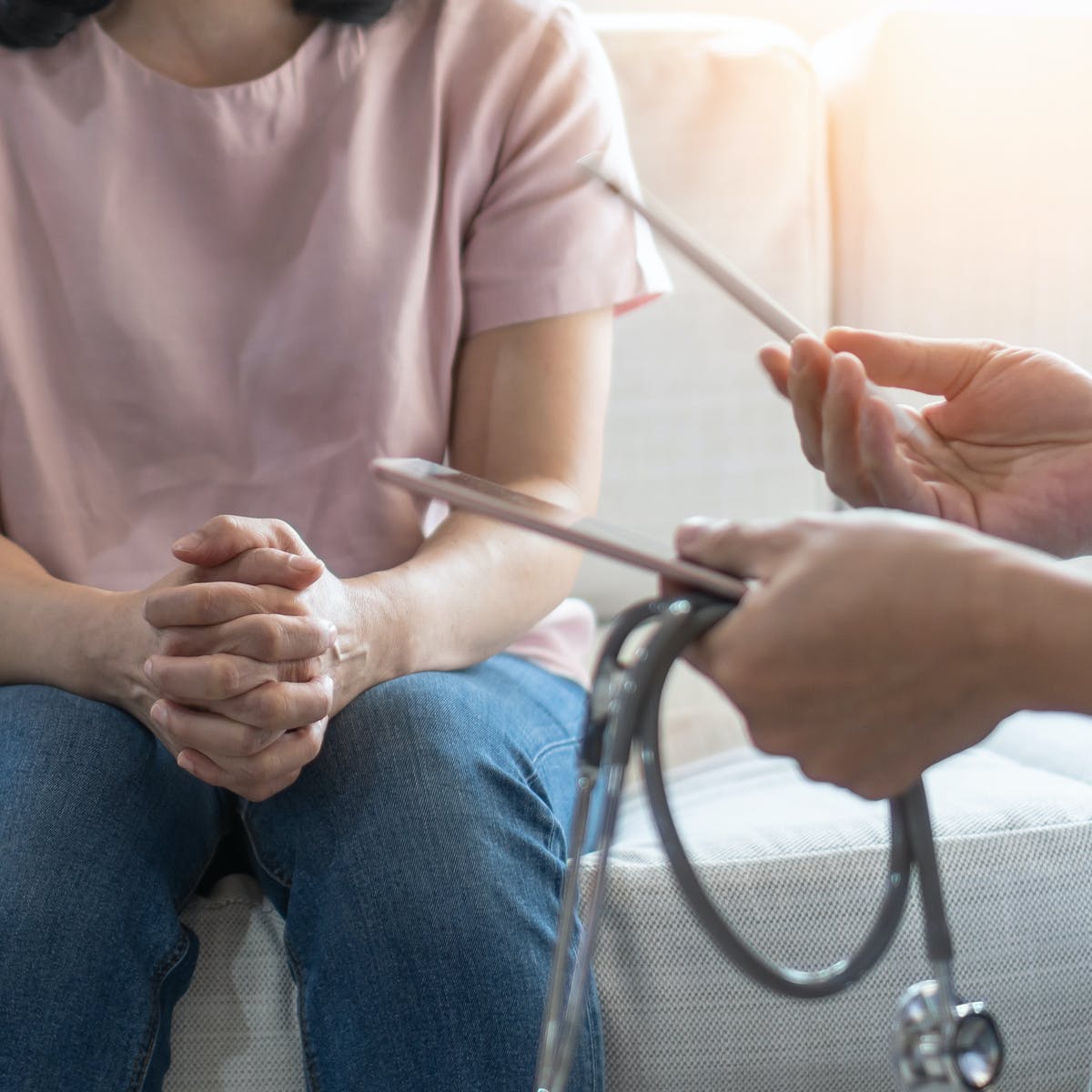Menopause

Overview
Menopause is the time that marks the end of your menstrual cycles. It’s diagnosed after you’ve gone 12 months without a menstrual period. Menopause can happen in your 40s or 50s, but the average age is 51 in the United States.
Menopause is a natural biological process. But the physical symptoms, such as hot flashes, and emotional symptoms of menopause may disrupt your sleep, lower your energy or affect emotional health. There are many effective treatments available, from lifestyle adjustments to hormone therapy.
Symptoms
In the months or years leading up to menopause (perimenopause), you might experience these signs and symptoms:
- Irregular periods
- Vaginal dryness
- Hot flashes
- Chills
- Night sweats
- Sleep problems
- Mood changes
- Weight gain and slowed metabolism
- Thinning hair and dry skin
- Loss of breast fullness
Causes
Menopause can result from:
- Naturally declining reproductive hormones. As you approach your late 30s, your ovaries start making less estrogen and progesterone — the hormones that regulate menstruation — and your fertility declines.In your 40s, your menstrual periods may become longer or shorter, heavier or lighter, and more or less frequent, until eventually — on average, by age 51 — your ovaries stop releasing eggs, and you have no more periods.
- Surgery that removes the ovaries (oophorectomy). Your ovaries produce hormones, including estrogen and progesterone, that regulate the menstrual cycle. Surgery to remove your ovaries causes immediate menopause. Your periods stop, and you’re likely to have hot flashes and experience other menopausal signs and symptoms. Signs and symptoms can be severe, as hormonal changes occur abruptly rather than gradually over several years.Surgery that removes your uterus but not your ovaries (hysterectomy) usually doesn’t cause immediate menopause. Although you no longer have periods, your ovaries still release eggs and produce estrogen and progesterone.
- Chemotherapy and radiation therapy. These cancer therapies can induce menopause, causing symptoms such as hot flashes during or shortly after the course of treatment. The halt to menstruation (and fertility) is not always permanent following chemotherapy, so birth control measures may still be desired. Radiation therapy only affects ovarian function if radiation is directed at the ovaries. Radiation therapy to other parts of the body, such as breast tissue or the head and neck, won’t affect menopause.
- Primary ovarian insufficiency. About 1% of women experience menopause before age 40 (premature menopause). Premature menopause may result from the failure of your ovaries to produce normal levels of reproductive hormones (primary ovarian insufficiency), which can stem from genetic factors or autoimmune disease. But often no cause of premature menopause can be found. For these women, hormone therapy is typically recommended at least until the natural age of menopause in order to protect the brain, heart and bones.
Prevention
You can’t prevent menopause. But you can take steps to enjoy good health into your later years. To help treat some of the symptoms of menopause and prevent possible complications, practice healthy habits.
Maintain a healthy weight, eat a well-balanced diet, and exercise regularly. Take steps to enjoy high-quality sleep, maintain good bone strength, and monitor your blood pressure levels.
Taking good care of yourself is key to enjoying an active and healthy life in your menopausal and post-menopausal years.
